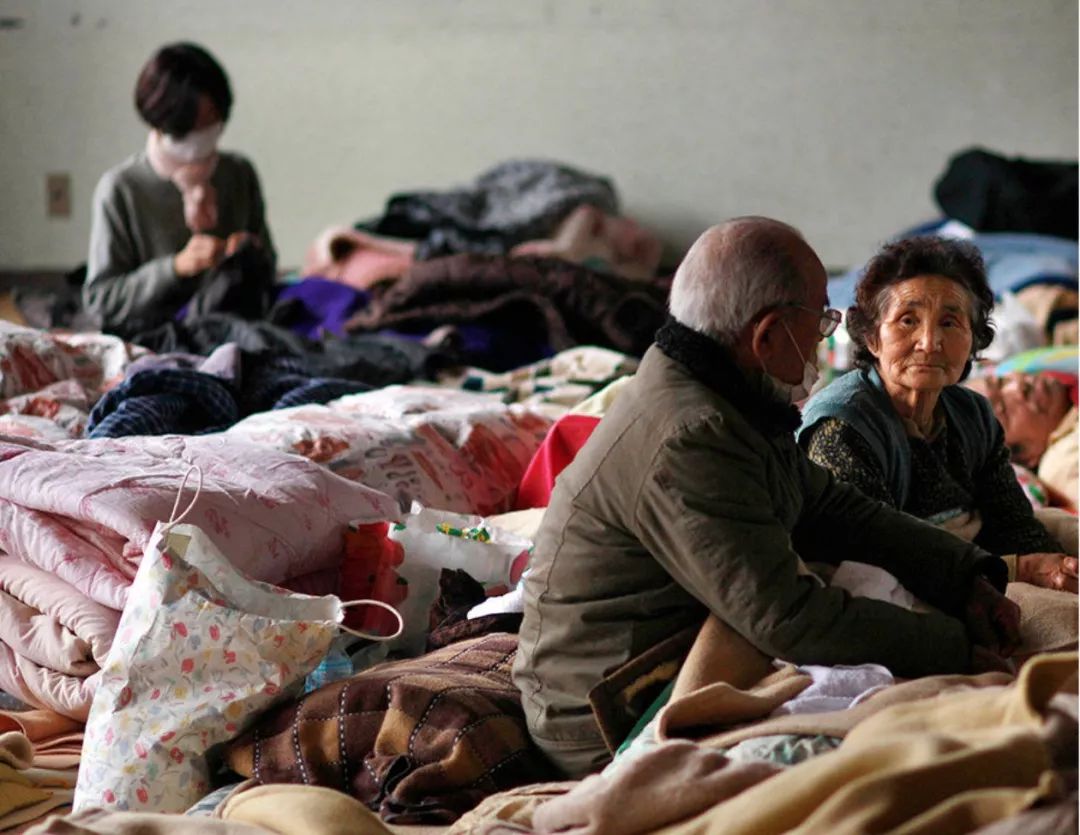【TheEconomist】关闭日本的反应堆比福岛核灾难更致命吗?
时间:2019-11-17 21:27:07 热度:37.1℃ 作者:网络

Happy Halloween
2011年3月日本福岛核电站因受地震和海啸影响发生了核泄漏,事故发生后日本关闭了全国的核电站,但这也带来了电价上涨以及化石燃料发电比重大幅度上升的后果。由于电价上涨,很多人减少了冬季取暖设施使用,这导致冬季死于寒冷的人数增多,同时化石燃料的使用也加剧了空气污染。
Happy Halloween
Wrong reaction
Was shutting Japan’s reactors deadlier than the Fukushima disaster?
关闭日本的反应堆比福岛核灾难更致命吗?
High power prices caused the poor to turn off the heat, killing many of them
高昂的电力价格使穷人关掉了暖气,许多人因此丧命。
SNUGGLED AMID lush fields and forests, Namie was doomed by its proximity to the local power plant. In 2011 the town’s 21,000 residents were ordered to evacuate after a tsunami overwhelmed the Fukushima nuclear facility 4km away. Soon after, all 54 reactors in Japan were shut down amid safety fears, winking out nearly 50 gigawatts of generating capacity. A new paper* argues that that decision may have cost far more lives than the initial disaster.
依偎在郁郁葱葱的田野和森林中,浪江町因其靠近当地发电厂而遭遇了厄运。由于2011年的一场海啸席卷了4公里外的福岛核设施,该镇的21000名居民被命令撤离。此后不久,由于担心安全问题,日本的所有54座核反应堆都被关闭,这减少了将近500亿瓦的发电量。一篇新论文指出,这一决定造成的生命损失可能比一开始的核事故还要多得多。
The Fukushima accident led to a surge in imports of coal, gas and oil. In the four years after the meltdown, the share of generation from fossil fuels leapt from 62% to 88%. Nuclear power, which once produced over 30% of Japan’s electricity, fell to zero. The result, say three academics, was a sharp spike in electricity prices.
福岛事故导致煤炭、天然气和石油进口激增。危机发生后的四年中,化石燃料发电的份额从62%跃升至88%。核能生产的电力在日本占比曾经达到30%以上,如今发电量已降至零。三位学者说,这带来了电价急剧上涨的结果。
Many people responded to higher prices, in turn, by switching off their electric heaters. Average electricity consumption per household fell by 8% in some areas in 2012, according to government surveys. The biggest drops were in regions such as Tokyo, where electricity prices rose by over a third. The increased exposure to the cold in winter caused an additional 1,280 deaths from 2011 to 2014, the authors claim. Given that fossil fuels are far dirtier than nuclear power, the shift almost certainly added to air pollution and thus to respiratory ailments, the authors add, although they did not try to quantify this effect.
面对高电价,很多人因此选择了关掉电热器。根据政府调查,2012年,一些地区的家庭平均用电量下降了8%。跌幅最大的是东京等地区,那里的电价上涨了三分之一以上。作者声称,从2011到2014年期间有额外的1280人死于冬季过多暴露在寒冷中。作者还补充说,鉴于化石燃料比核能要更“脏”,这种向使用更多化石燃料的转变几乎可以肯定会加剧空气污染,进而加剧呼吸系统疾病,尽管他们并未试图量化这种影响。
The paper is part of a reassessment of Japan’s response to the world’s worst nuclear disaster since Chernobyl in 1986. At least 2,000 people died because of the Fukushima evacuation, some in the chaos immediately after the accident, and more from secondary health problems such as stress, suicide and interrupted medical care. Deaths from exposure to radiation, in contrast, are in the single digits. Most estimates assume even the long-term impact will be small. The precautionary principle—taking dramatic action to prevent a worst-case scenario—resulted in poor policymaking in this instance, concludes Matthew Neidell of Columbia University, one of the paper’s authors. “Our estimated increase in mortality from higher electricity prices significantly outweighs the mortality from the accident itself.”
该论文是对日本应对福岛核事故情况进行重新评估的一部分,福岛核事故是自1986年切尔诺贝利事故以来最严重的核灾难。至少有2000人死于福岛核事故后的疏散过程。一些人在事故带来的混乱中丧生,还有更多人死于继发性健康问题,例如压力、自杀以及医疗中断。与之相比,因遭到辐射而导致的死亡仅为个位数。该论文作者之一是哥伦比亚大学的马修·奈德尔。他总结说,这种预防性原则(采取重大行动以防止最坏的情况发生)在这一事故中导致决策不力。“我们估计,高电价造成的死亡人数大大超过了事故本身造成的死亡人数。”
It would have been bizarre if such a dramatic failure had not been followed by a thorough safety review. A second meltdown would have been vastly more damaging than the reactor shutdown, given that the first is estimated to have cost more than $700bn. But whatever the merits of the decision to mothball all reactors, nuclear power remains unpopular in Japan. Most people are opposed to restarting any reactors. Just nine have come back online—and various lawsuits and pressure groups aim to turn them off again. Evacuation orders for towns like Namie have been lifted, yet 35,000 people refuse to return. Even if there is not that much radiation, Japan continues to suffer from the fallout.
对于这样一次惨痛的失败,如果人们在事后仍没有进行彻底的安全检查,那么会显得很奇怪。考虑到第一次核反应堆熔毁带来的损失预计超过7000亿美元,第二次熔毁造成的后果本来会远超关闭核反应堆造成的损失。但不论关闭所有反应堆这一决定带来的好处有多少,核电在日本仍然不受欢迎。大多数人反对重启任何反应堆。只有9个核反应堆重新开始运行,但各种诉讼和压力集团正致力于将它们再次关停。对于像浪江町这种小镇的撤离命令已经解除,但仍有35000人拒绝回去。尽管辐射已经所剩无几,但日本仍在承受核事故带来的后果。
译文结构
Happy Halloween







